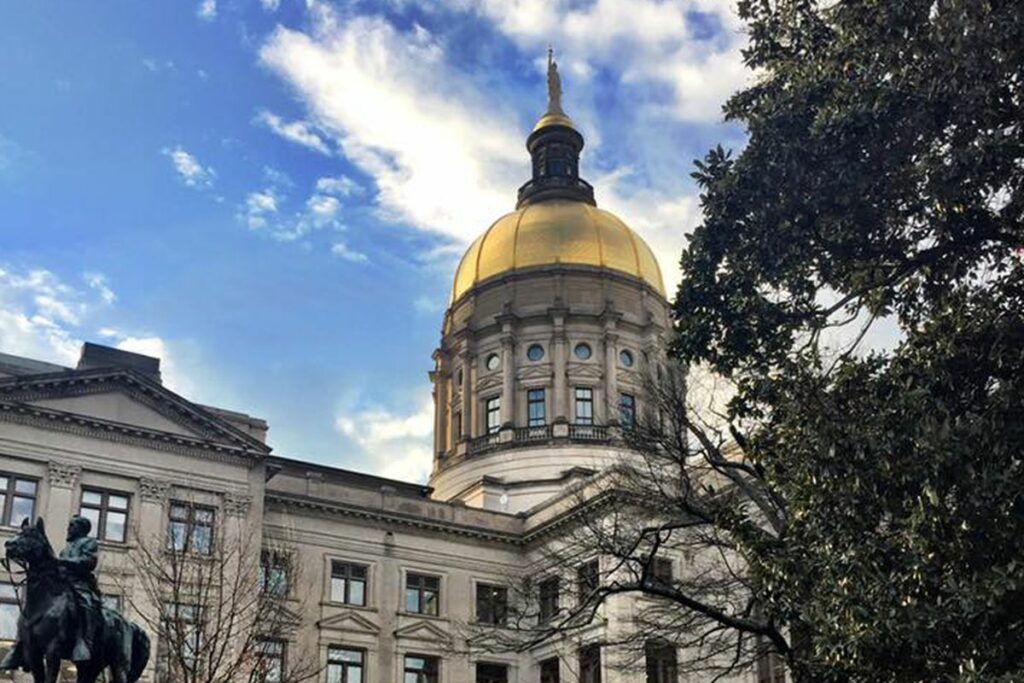
ATLANTA – The Georgia Senate overwhelmingly passed a $36.1 billion fiscal 2025 state budget Tuesday, signing off on pay raises for state employees and public school teachers.
With Georgia sitting atop a $16 billion revenue surplus, the state can afford $4,000 cost-of-living increases for most state workers, with $3,000 raises on top of that for employees in state agencies being hit with large turnover rates, including law enforcement officers and welfare workers. Teachers would receive increases of $2,500.
The budget, which cleared the Senate 53-1, also contains substantial increases in funding for various education initiatives, including $243 million to account for student enrollment growth, $207 million to buy more school buses, and $109 million in school safety grants to upgrade security on public school campuses.
Senators also agreed with the budget the state House passed earlier this month to restore $66 million to the University System of Georgia that lawmakers had cut from the spending plan last year.
The budget also would increase reimbursement rates for health-care providers and provide $1.5 million for a new mental-health crisis center in Dublin and $1.2 million for a similar center in Augusta.
“Mental health is not going away,” Senate Appropriations Committee Chairman Blake Tillery, R-Vidalia, told his Senate colleagues before Tuesday’s vote. “It’s filling our jails and prisons, and now it’s filling our hospitals.”
Another $6 million would go toward a multi-year plan to stabilize the state’s trauma-care network.
The Senate added $15.4 million to the spending plan to beef up security at state prisons. Senators have made a priority of cracking down on the proliferation of cellphones that have been smuggled in to inmates.
Like the midyear budget, the fiscal 2025 spending plan would fund state building projects out of cash rather than bond financing. The Senate also earmarked $64 million to accelerate paying off some of the state’s previous bond debt.
The budget is likely headed next to a joint legislative conference committee to work out the differences between the House and Senate versions of the budget by Thursday, the last day of this year’s General Assembly session.